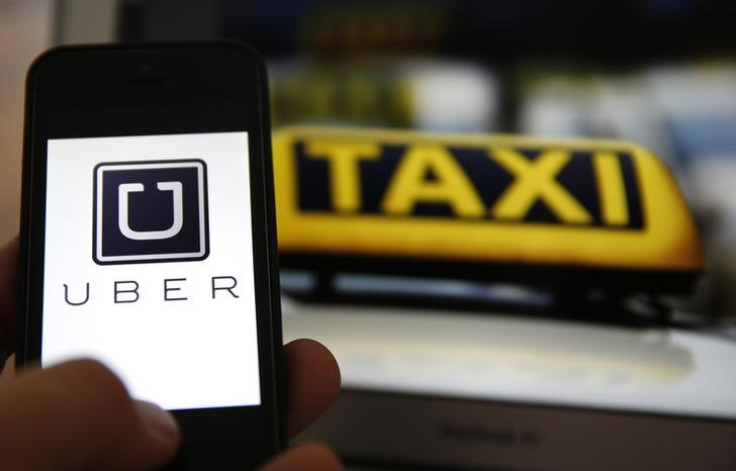France to ban Uber services from 1 January, 2015

Ridesharing service Uber has been hit by more trouble, as France said it will ban the UberPop transport service in the country starting from the new year.
The service will be banned in France from 1 January, 2015, according to the French interior ministry.
The announcement comes as French taxi unions called a one-day strike in their latest protest against San Francisco-based Uber, blocking 260 kilometres of roads around Paris with slow-moving traffic. The protest was due to a court's refusal to ban the taxi-hailing service on grounds of improper competition.
The French government cited insufficient insurance for Uber drivers to carry passengers as one of the reasons for the ban.
"Not only is it illegal to offer this service but additionally for the consumer there is a real danger," ministry spokesman Pierre-Henry Brandet told iTELE.
Uber has 160,000 users in France, according to the company.
Uber and other ridesharing services use smartphone applications to connect passengers with drivers.
Being one of the pioneers of the new technology, Uber has witnessed substantial growth and has expanded to a number of countries. A year ago, the company was providing services in 60 cities in 21 countries, but now it covers over 250 cities in 50 countries.
Uber had completed its latest funding round earlier, valuing it at $40bn (€32bn, £25.5bn) ahead of its planned initial public offering.
However, the US company has recently suffered a number of blows to its international expansion plan. Other taxi drivers and their unions are claiming that Uber has hit their business unfairly.
On 8 December, the company was banned from operating in India's capital New Delhi, after one of its drivers was arrested on charges of raping a female passenger.
The 26-year-old woman, who used Uber's smartphone app to book a taxi on 5 December, was allegedly taken to a secluded area and raped.
The service was earlier banned in the Netherlands, as it lacked a special licence that was required according to the laws of the country.
The US city of Portland sued the firm for not following the city's regulations. The city laws require all for-hire vehicles to be licensed, and it wants Uber to follow them.
Transport authorities in Thailand said the company's operation in the country was against its laws, and ordered the firm to stop services.
© Copyright IBTimes 2024. All rights reserved.






